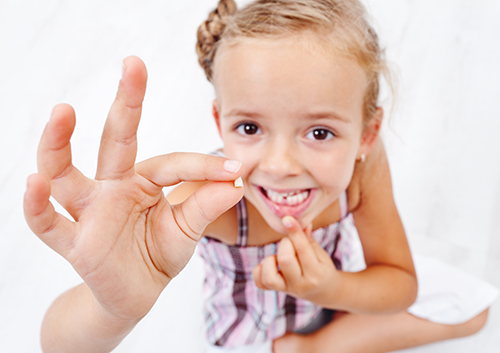Quit Smoking to Save Your Smile
April 24th, 2024

You’ve likely heard that smoking increases risk of lung cancer and emphysema. But did you realize that your cigarette habit also has an impact on your smile? Chronic smokers suffer from increased dental problems that make their smiles unsightly. Understanding how smoking affects your oral health may provide the momentum you need to kick the habit for good.
Cosmetic Changes Associated with Smoking
Cigarettes contain more than 600 ingredients that, when lit, create in excess of 4,000 chemicals. Of these chemicals, many are known carcinogens while others have been shown to have serious negative effects on health. The nicotine and tar in tobacco products are absorbed by the enamel of your teeth. The result is yellowed teeth that look unsightly; with heavy smoking, your teeth may eventually turn nearly brown in color.
The chemicals in cigarettes and cigars also cause your teeth to become less clean. Smoking is associated with a build-up of tartar and plaque on the surface of your teeth. Over time, this increases your risk of developing cavities and other oral health problems. Furthermore, pursing your lips while smoking leads to wrinkles around your mouth, which detracts from your smile.
More Serious Dental Conditions
In addition to having unsightly teeth, smoking can cause serious health conditions. Because of the carcinogens in cigarettes, smoking is associated with an increased risk of oral cancer, which can be deadly. Smokers are also more likely to develop gum disease, which can lead to tooth loss. You may experience an increased loss of bone within your jaw, which will cause significant problems later in life.
Treatment for Smoking-Related Oral Health Problems
Dr. Jerry Martin and our team at Jerry Martin, DDS will tell you that the best defense against smoking-related oral health problems is to ditch your nicotine habit. By decreasing the amount of nicotine and other chemicals you consume, you can decrease your risk of oral cancer and gum disease. Remember to mention your smoking habit when you’re at our Granite Bay office. We frequently treat smokers and can recommend smoking cessation programs to help you quit. Dr. Jerry Martin can also advise you about whitening treatments and gum disease prevention activities that ensure you’ll have a beautiful smile for years to come.




 Website Powered by Sesame 24-7™
Website Powered by Sesame 24-7™